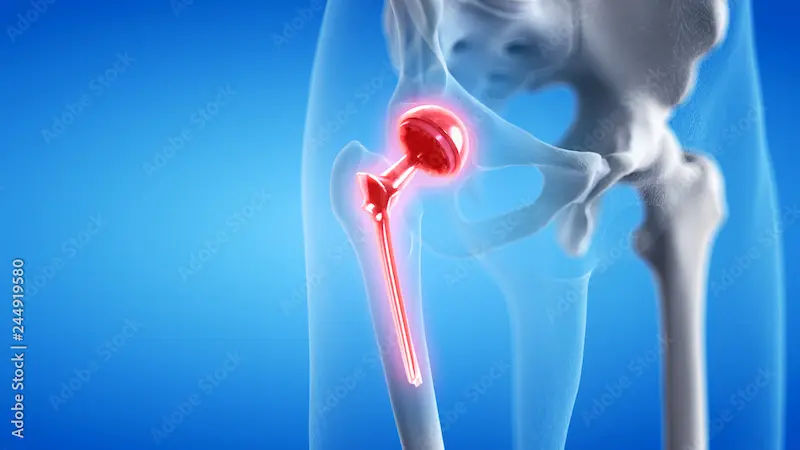Menorrhagia: Causes, Symptoms and Treatment
Struggling with heavy periods? Learn about menorrhagia, its causes, symptoms, diagnosis, and effective treatments to manage excessive menstrual bleeding and improve your quality of life.

Written by Dr. J T Hema Pratima
Reviewed by Dr. D Bhanu Prakash MBBS, AFIH, Advanced certificate in critical care medicine, Fellowship in critical care medicine
Last updated on 25th Aug, 2025

Heavy menstrual bleeding, medically known as menorrhagia, can be distressing and affect a woman’s daily life. If you experience prolonged or excessively heavy periods, you’re not alone—many women face this issue. The good news is that menorrhagia is treatable, and understanding its causes, symptoms, and management options can help you take control of your health.
What is Menorrhagia?
Menorrhagia refers to abnormally heavy or prolonged menstrual bleeding. While every woman’s menstrual cycle varies, menorrhagia is diagnosed when:
Bleeding lasts more than 7 days.
You need to change pads or tampons every hour or two for several hours in a row.
You pass large blood clots (bigger than a quarter).
You experience fatigue, dizziness, or shortness of breath due to blood loss.
If your periods disrupt your daily routine, it’s important to seek medical advice.
Common Causes of Menorrhagia
Several factors can contribute to heavy menstrual bleeding, including:
1. Hormonal Imbalance
Conditions like polycystic ovary syndrome (PCOS), thyroid disorders, or perimenopause can disrupt hormone levels, leading to heavy bleeding.
2. Uterine Fibroids or Polyps
Non-cancerous growths in the uterus (fibroids) or small tissue overgrowths (polyps) can cause excessive bleeding.
3. Endometriosis or Adenomyosis
Endometriosis occurs when uterine-like tissue grows outside the uterus, while adenomyosis involves tissue growing into the uterine wall—both can cause painful, heavy periods.
4. Bleeding Disorders
Conditions like von Willebrand disease (a blood clotting disorder) can lead to prolonged bleeding.
5. Medications or Medical Conditions
Certain blood thinners, IUDs (intrauterine devices), or cancer treatments may increase menstrual flow.
6. Miscarriage or Ectopic Pregnancy
Heavy bleeding can sometimes indicate a pregnancy complication.
Symptoms of Menorrhagia
Apart from excessive bleeding, watch for:
Severe cramping and pelvic pain.
Fatigue and weakness (due to anemia from blood loss).
Needing to change sanitary protection overnight.
Avoiding activities due to fear of leakage.
If these symptoms interfere with your life, consult a doctor.
How is Menorrhagia Diagnosed?
Your doctor may recommend:
Blood tests (to check for anemia, thyroid issues, or clotting disorders).
Pelvic ultrasound (to detect fibroids, polyps, or other abnormalities).
Endometrial biopsy (to examine uterine tissue).
Hysteroscopy (a procedure to look inside the uterus).
Treatment Options for Menorrhagia
Treatment depends on the cause, severity, and whether you plan to have children. Options include:
1. Medications
Hormonal birth control (pills, IUDs) to regulate periods.
Nonsteroidal anti-inflammatory drugs (NSAIDs) like ibuprofen to reduce pain and bleeding.
Tranexamic acid to help blood clot and reduce flow.
2. Surgical Treatments
Endometrial ablation – Removes the uterine lining to reduce bleeding.
Myomectomy – Removes fibroids while preserving the uterus.
Hysterectomy – Removal of the uterus (considered only in severe cases).
3. Lifestyle & Home Remedies
Iron-rich diet (leafy greens, beans, red meat) to prevent anemia.
Hydration & rest to manage fatigue.
Tracking periods to monitor symptoms.
When to See a Doctor?
Seek immediate medical help if:
You soak through one pad/tampon every hour for more than 2 hours.
You feel dizzy, weak, or short of breath.
Your periods last longer than a week regularly.
Take Control of Your Health
Menorrhagia can be managed effectively with the right treatment. If heavy periods affect your quality of life, don’t hesitate to seek help.
Need expert advice?
Book a consultation with a gynecologist on Apollo 24|7 for personalized care and treatment options.




